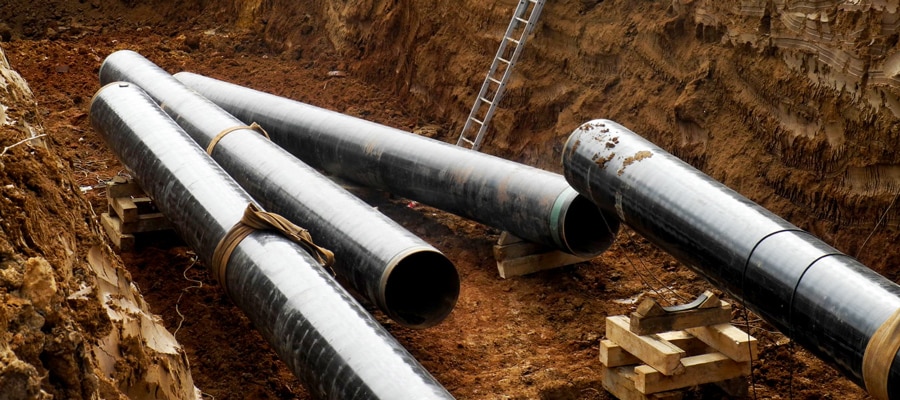The articles curated here provide some reviews of opinion and facts concerning the links between the oil and gas industry and our ability to meet Paris greenhouse gas reduction goals.
 |
| Coastal storm |
Terry Glavin writes “There may be no right way to do fossil-fuel megaprojects at all anymore if we’re going to have a hope in hell of meeting our 2015 Paris Climate Accord commitments… the politics, promises and planning seem to have gotten just about everything wrong.”
If you think that’s a jurisdictional nightmare, bear in mind that the National Energy Board still doesn’t even know whether it’s involved in any of this, or whether provincial or federal jurisdiction holds higher sway. The NEB will be holding hearings in March to determine whether the British Columbia Oil and Gas Commission gave the whole project the go-ahead unlawfully. If that’s how things shake out, the whole project has to be re-submitted for approval under a formal, dismal, drawn-out NEB process.
The other thing both the federal and provincial governments are trying to avoid is any public scrutiny of Trudeau’s and Premier John Horgan’s eloquent (but oddly imprecise) commitments to First Nations that their consent should be required, as per the United Nations’ guidance, for industrial developments such as pipelines to proceed in areas subject to some degree of aboriginal title.
So go ahead and blame those obstreperous Wet’suwet’en people all you like but it’s avoiding these tougher questions that caused this whole thing to go so wrong in the first place. And that’s without even dealing with whether there is any right way, if Canada is going to come even close to meeting its Paris Accord commitments, to do these sorts of projects at all 1
J. David Hughes shares his opinion that more than ever Canada’s emission reduction targets are doomed. According to Canada’s most recent submission to the United Nations, emissions are down a mere two per cent from 2005 levels as of 2017. If Canada was on track to meet the Paris Agreement, emissions should be down 14 per cent.
According to Canada’s most recent submission to the United Nations, emissions are down a mere two per cent from 2005 levels as of 2017. If Canada was on track to meet the Paris Agreement, emissions should be down 14 per cent. Moreover, emissions in 2017 increased by 1.1 per cent from 2016 levels.
Oil and gas producing provinces were most of the problem given that oil and gas production made up 27 per cent of Canada’s 2017 emissions.
Alberta (Canada’s largest oil and gas producer) accounted for 38 per cent of Canada’s emissions in 2017 and has increased emissions by 18 per cent from 2005 levels. In 2017 alone, emissions increased 3.3 per cent in Alberta and 11.6 per cent in the oilsands.2
David Hughes also asks how real is Kenney’s bluster?
 |
| Source:https://www.policynote.ca/wp-content/uploads/2019/05/pn_may2019_RealityCheckHighBCGas.jpg |
In 2018 refined petroleum product shipments to Burnaby were down 47 per cent from the 2006–2016 average of 52,400 barrels per day. This created a shortfall of 3.9 million litres per day of refined products (18 per cent of Metro Vancouver’s demand), which was largely responsible for the fuel price spike.
Over the 2006–2016 period, on average about half (48 per cent) of the oil flowing through the Trans Mountain pipeline went to refineries in Washington state, a little over a third (35 per cent) went to Burnaby and the rest (17 per cent) was exported by tanker via the Westridge Terminal. Of the shipments to Burnaby, 54 per cent were refined products and 46 per cent was light oil for the Parkland refinery.
In 2018, shipments to Burnaby were reduced to 27 per cent of the pipeline’s throughput, exports to Washington state increased to 52 per cent and exports of heavy oil via tanker were increased to 21 per cent.
Of the reduction in shipments to Burnaby, refined petroleum products were down 47 per cent from the 2006–2016 average of 52,400 barrels per day. This created a shortfall of 3.9 million litres per day of refined products (18 per cent of Metro Vancouver’s demand), which was largely responsible for the fuel price spike.3
We will be voting for a federal government soon. Fact checking and open discussion are required to help make this crucial voting decision.
References
1
|
(2019, January 9). Glavin: Pipeline protests – how politicians got it all wrong | Ottawa .... Retrieved January 11, 2019, from https://ottawacitizen.com/opinion/columnists/glavin-pipeline-protests-how-politicians-got-it-all-wrong
|
2
|
(2019, April 30). Opinion: More than ever Canada's emission reduction targets are .... Retrieved May 2, 2019, from https://calgaryherald.com/opinion/columnists/opinion-more-than-ever-canadas-emission-reduction-targets-are-doomed
|
3
|
(2019, May 7). Reality check: High BC gas prices and pipeline rhetoric from Alberta's .... Retrieved May 10, 2019, from https://www.policynote.ca/reality-check-high-bc-gas-prices-and-pipeline-rhetoric-from-albertas-new-premier/
|
No comments:
Post a Comment